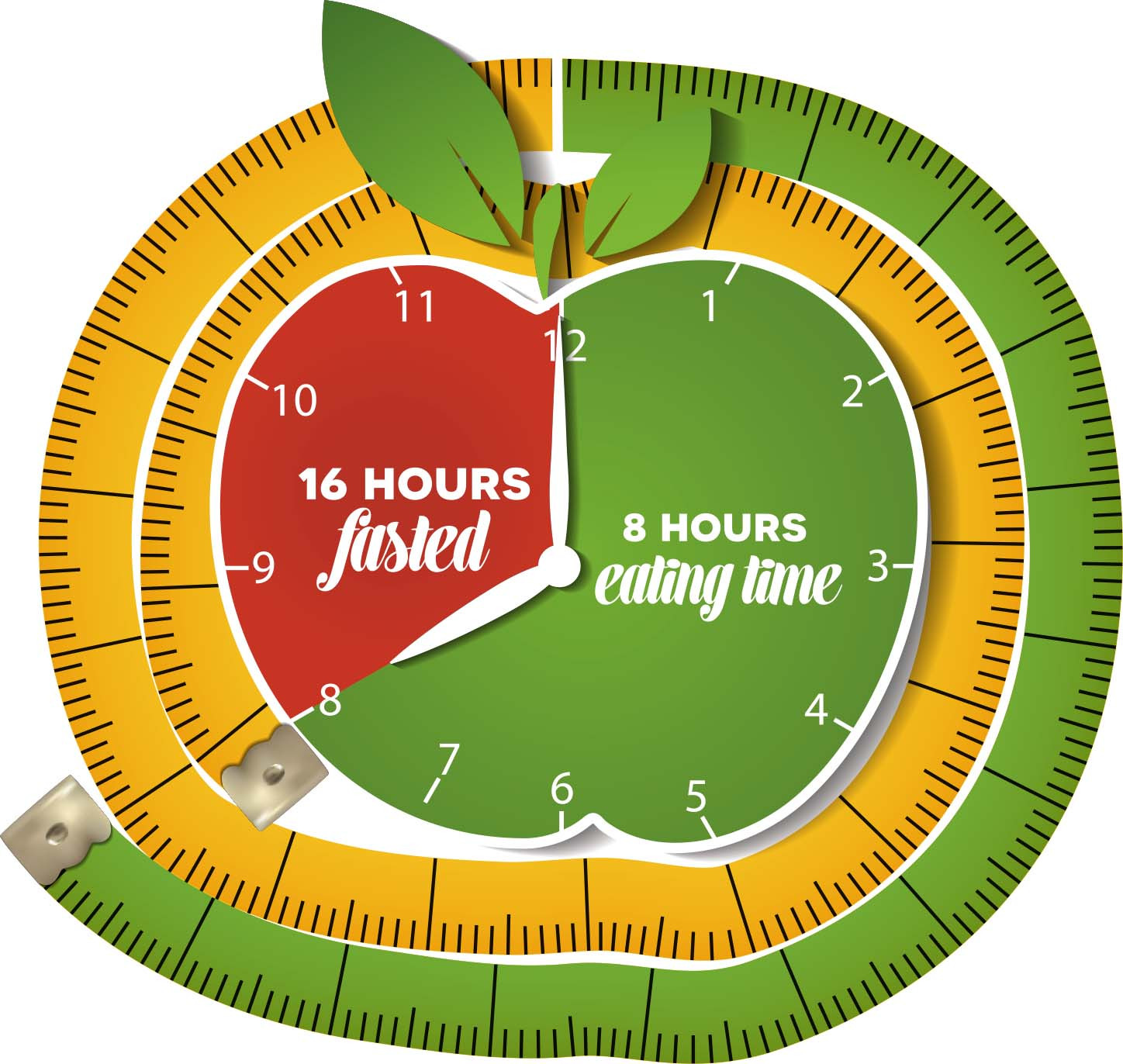Growing up, we have always been told the importance of breakfast. Some supposed benefits include a decrease in appetite, improvement in memory, possible prevention of type 2 diabetes, weight loss, and an increase in metabolism. However, an important thing to note is that if your breakfast consists of processed cereal, bacon, eggs, regular dairy, or any processed sweets like muffins, you are most likely not capitalizing on any of these benefits.
Despite the significance of breakfast, one trend completely dismisses breakfast all together: intermittent fasting. Intermittent fasting is a meal time schedule that cycles between voluntary fasting and nonfasting over a given period of time. Two popular cycles are 16-8 (16 hours of fasting, 8 hours of eating ) and 18-6 (18 hours of fasting, 6 hours of eating). Now, in intermittent fasting you have the flexibility of choosing the time slot you eat. Many people mark 12 pm to 6 pm as their eating time while others do 12 pm to 8 pm. Even though these time slots completely dismiss morning breakfast, there are many benefits to intermittent fasting. Some include weight loss, lower risk of type 2 diabetes, reduction in oxidative stress and inflammation, better heart health, various cellular repair processes, and a healthy brain.
Now is intermittent fasting worth it? I personally believe yes. If you are looking to lose weight, decrease binge eating, and follow a more healthy diet, I would wholeheartedly recommend it. From my experiences, intermittent fasting should be aligned to when you workout. For example, if you work out in the mornings, then an ideal eating slot for you may be 8 am to 2 pm which will include breakfast and lunch. One thing to note however is that intermittent fasting is extremely difficult at first, but once you get the hang of it, it seems almost natural.
However, in the long run, it is not sustainable since it is hard to avoid cheating every now and then. Going out for dinner with friends and family members, school events, and so much more can ruin intermittent fasting completely. I believe it is more healthy to have three meals throughout the day each separated by at least three to five hours. That way, you are still not eating for 18 hours but you happen to eat throughout the day to keep your mind fueled and ready for work.
This reporter graduated in 2020.
Lavanya Jain is a senior at Washington High School. She grew up in Fremont, CA for most of her life after moving from Delhi, India. As a first year in the WHS Hatchet, she has written multiple articles for opinions, health, and news. In her free time, she loves to paint, workout, and spend time with her family. After high school, she will be majoring in both business and bioengineering as part of the Management Entrepreneurship Technology (MET) program at UC Berkeley.

